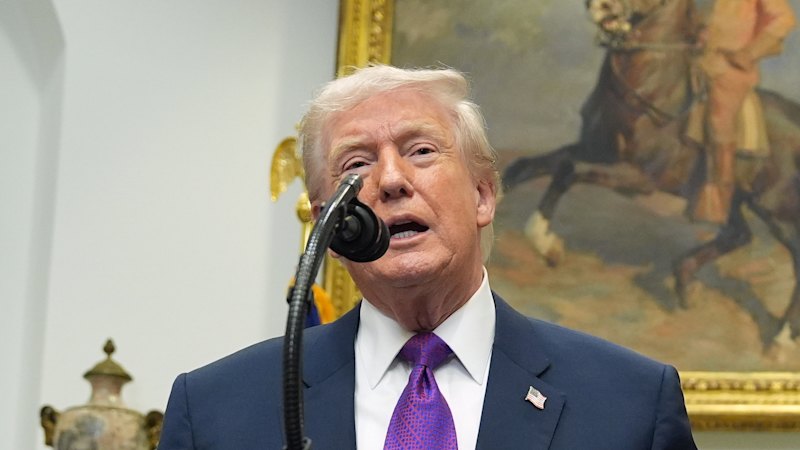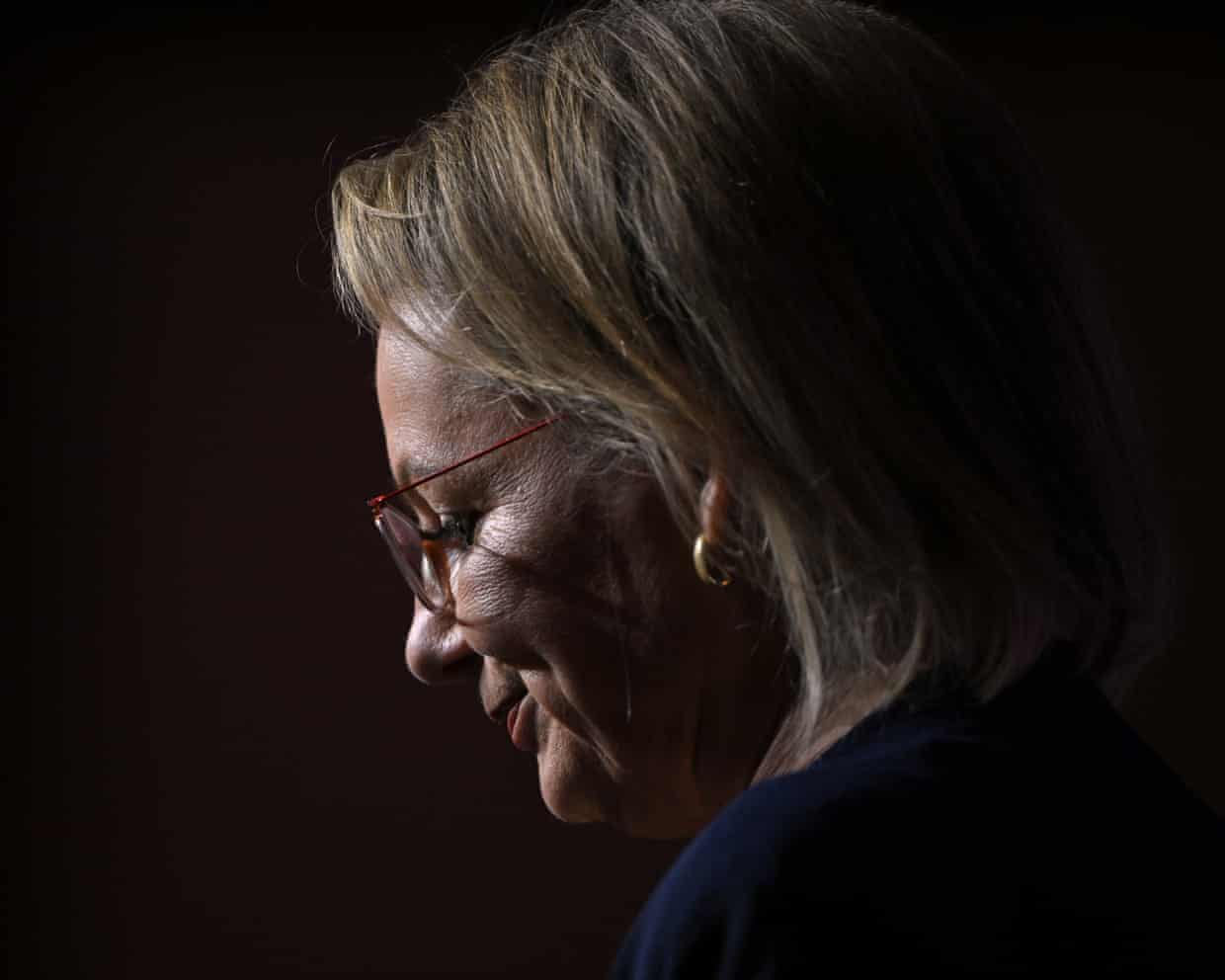
On November 2, 2023, OPEC+ announced a modest production increase of 137,000 barrels per day for December, signaling a potential shift in the dynamics of the global oil market. This decision also included a pause on any further production increases during the first quarter of 2026. The announcement caught many industry analysts by surprise, illustrating the unpredictable and complex nature of oil pricing, which is influenced by a multitude of factors beyond the control of any single entity.
The global oil market is characterized by a constant interplay among producers, traders, and policymakers. Prices are shaped not only by the physical availability of oil but also by the psychological reactions of market participants. As such, the implications of OPEC+’s recent decision resonate well beyond the immediate figures involved.
Market Reactions and Implications
The reaction to OPEC+’s announcement was swift, as traders reconsidered their positions in light of the new production targets. Analysts noted that the modest increase might not significantly alter the balance of supply and demand, but it does highlight the organization’s strategy to maintain a careful equilibrium in the market. This approach is essential, especially as global demand for oil fluctuates due to various geopolitical and economic factors.
The decision to pause further increases in production for early 2026 suggests that OPEC+ is wary of oversupply and the potential for price drops. As the world continues to recover from the economic impacts of the pandemic, the organization aims to navigate the complexities of a recovering market while ensuring that prices remain stable.
Global Context and Future Outlook
Understanding the current state of the oil market requires consideration of international economic indicators, including inflation rates and energy demands across various regions. As countries strive for energy independence and explore alternative energy sources, OPEC+ faces challenges in maintaining its influence over oil pricing.
Industry experts emphasize that while OPEC+ holds a significant share of the global oil supply, its decisions are not made in isolation. The actions of major producers, including the United States, play a crucial role in shaping overall market dynamics. The potential for a renewed oil price war looms as different entities vie for market share, further complicating the landscape.
As OPEC+ navigates these challenges, the impact of its decisions will continue to reverberate throughout the global economy. The organization’s ability to adapt to changing market conditions will be vital in determining oil prices in the coming months and years. The careful balance it seeks to achieve will likely influence not only commodity markets but also broader economic trends worldwide.
In conclusion, the recent production changes announced by OPEC+ reflect the ongoing complexities of the oil market. As stakeholders monitor these developments, the interplay of economics and psychology will remain central to understanding the future trajectory of oil prices.







